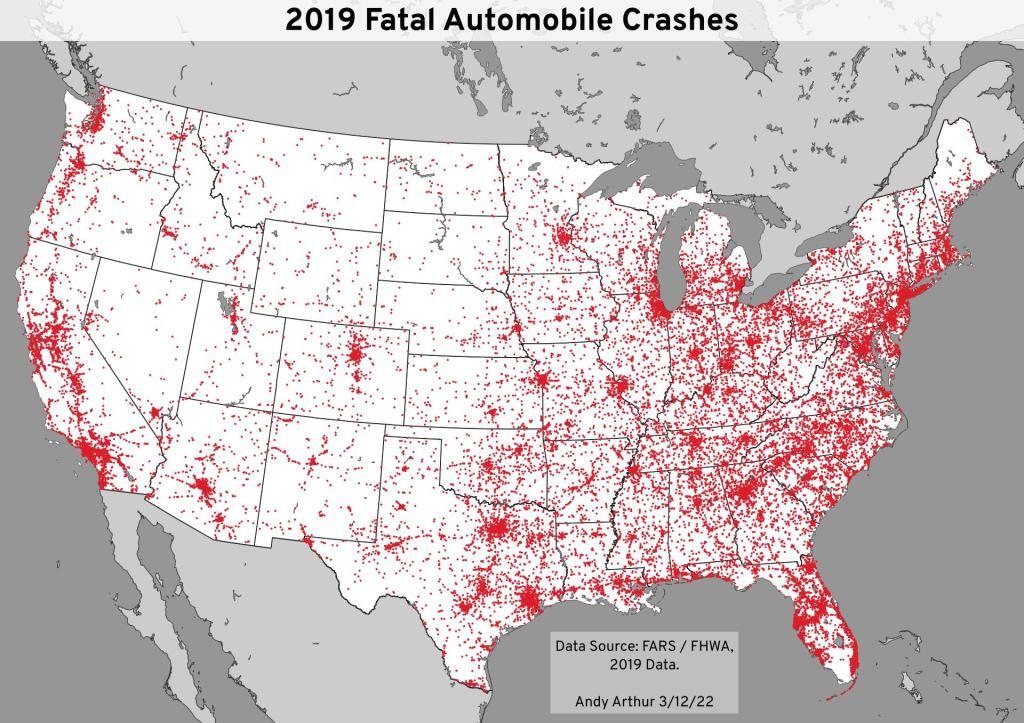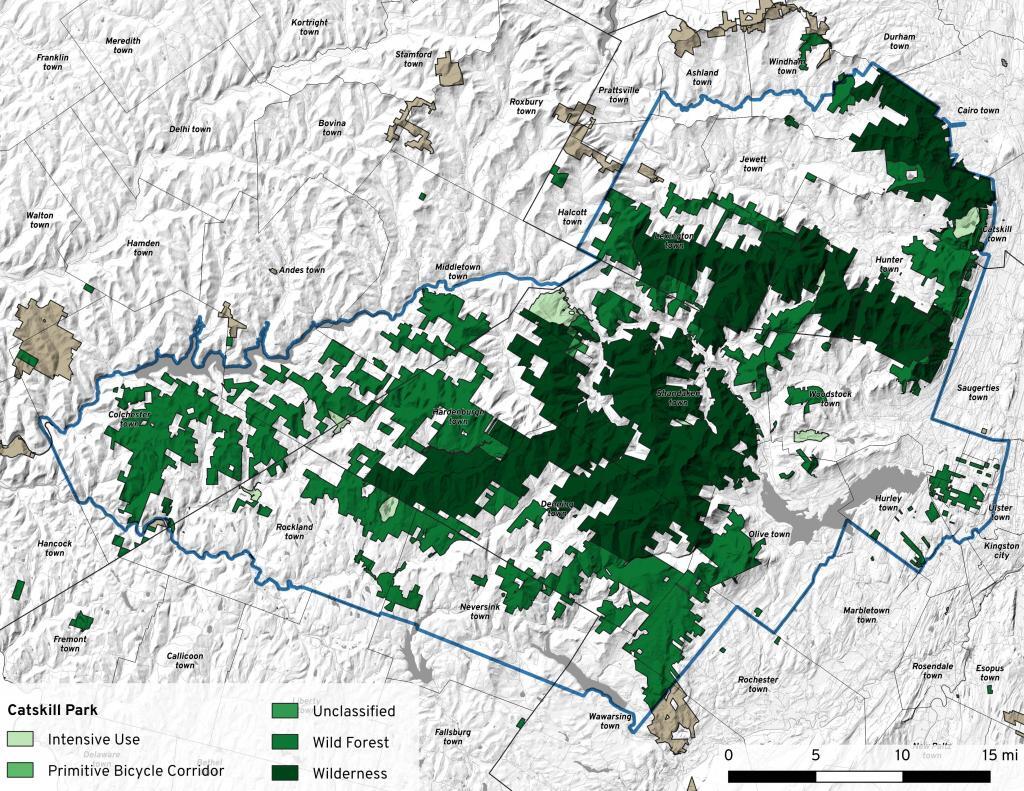Places
Understanding a Shapefile What is it and how to use it
Catskill Forest Preserve
The Eagle Lake and West Branch Railroad
Population Density of the Catskill Park
Dairy Farm in Peru
Most books about the working class are written by elites 👨🌾👨🏭👷♀️
Most books about the working class are written by elites 👨🌾👨🏭👷♀️
I just got done reading JD Vance’s much proclaimed Hillbilly Elegy about the rough and tumble life of growing up poor in Appalachia – the drugs, the poverty, the unstable home life. The hillbilly code of honor. Seemed like a decently accurate story having grown up around many hillbillies myself grown up in the mountains in farm country. But it’s written by somebody who resembled less and less a hillbilly after being a graduate of Yale Law School. His childhood memories may be valid but they come from a now elite perspective.
I recently read Kristin Kimball’s The Dirty Life, a book about a NYC journalist who fell in love with a back to earther and they moved to the Eastern Adirondacks to homestead and farm using horses and the tools of the trade. They might live a life close to the land today, but they come from an elite perspective.
A few years back I read this book, the The Land Was Everything by Victor Davis Hanson about an English professor who came back home to run his family vineyard in California. Again, maybe he has dirt under his fingers now and as a child, his professorship distanced himself from the working class. He might have gone back to the land but he still has those college educated roots.
Then there is the Firefox Books which try to document a dying breed of Appalachian living in the late 1960s by students at Rabun Gap-Nacoochee School, a private secondary education school located in the U.S. state of Georgia. It’s a good tail of Appalachia but again it’s a story told in the third person rather than the people who are actually living the life.
Or Noel Perin’s Best Person Rural and his other series of books about living close to the land in Vermont. His observations were astute but again kind of represented an elite view of living off the land, out in the country. He was another of a dying breed but probably atypical of a farmer in Vermont.
Now I get that cow shit and silage probably smell the same wherever you stand. That many of the same experiences working on the farm – the animals and the work are the same if you are college educated or not. Growing up in Appalachian culture is not easily forgotten and the experiences documented in the books to remind me of experiences I’ve had in years gone by.
I guess true hillbillies and working folks don’t really have the time to write a book or the connections needed to see their book through publication. So we have to settle for third party accounts, documented through America’s elites, colored by the perspectives and values acquired through advanced education.
Indeed, while I’m certainly not Yale educated, I do know my college degree and professional occupation colors my view of the world. And I’m sure that many who read these kind of books are one or two steps removed from the land and the working class. I do worry such books while documenting such life also color the views of the elite.


